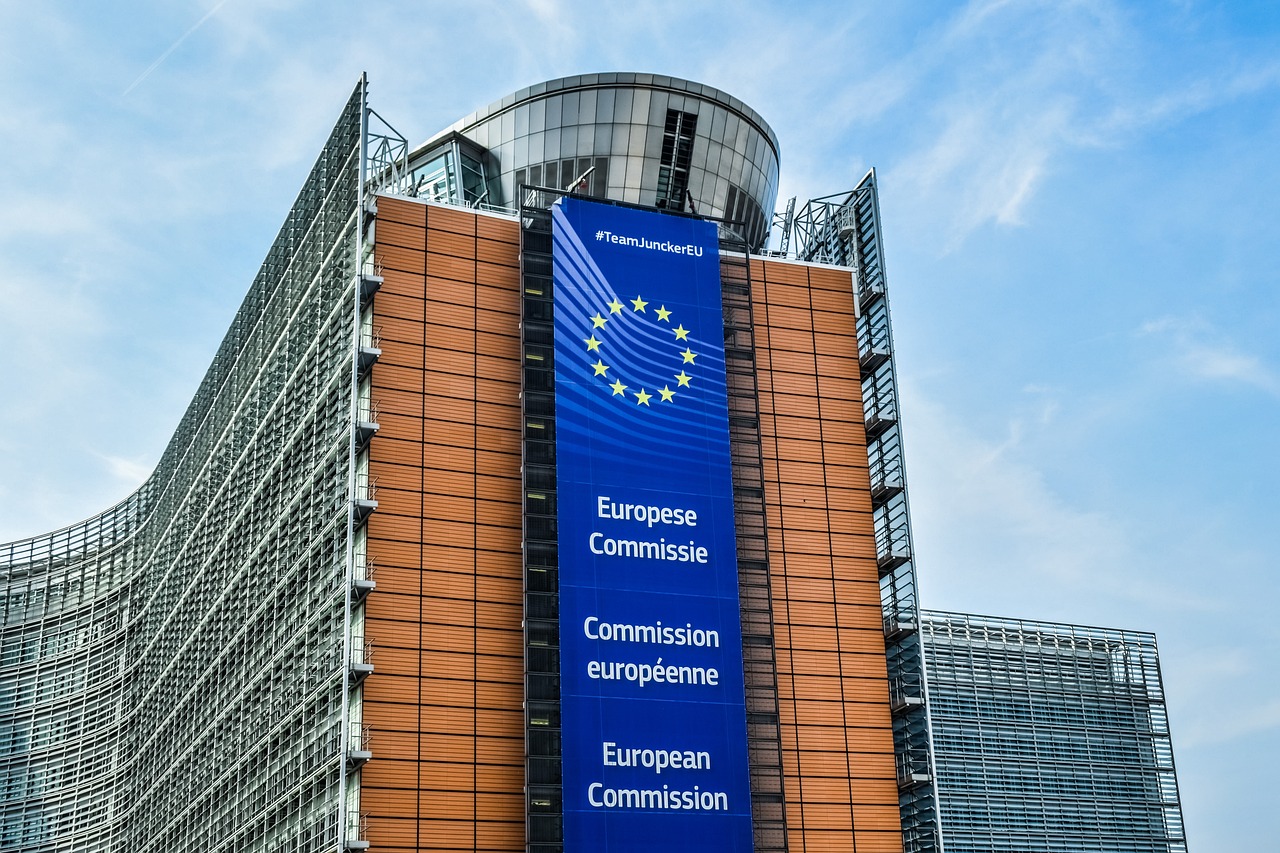Crypto
EU Wants to Crack Down on Crypto Tax Evasion with Stronger Monitoring
DAC8 will help EU tax authorities monitor EU citizens holding cryptocurrencies in hard-to-detect locations, that would otherwise go unnoticed by EU authorities. The legislation will also require crypto-asset service providers, including exchanges and marketplaces, to report customer transactions. EU authorities will be granted enhanced powers to monitor individuals holding high-yield assets worth more than €1 million.

The European Commission is making progress on implementing an EU-wide agreement called the Directive on Administrative Cooperation (DAC8) to combat tax evasion and improve the tracking of crypto transactions within EU borders.
DAC8 builds on existing legislation and aims to “expand the reporting and exchange of information between tax authorities within the European Union to cover income or transactions made by EU resident users working with crypto assets.”
EU Commissioner and Director of Taxation Benjamin Angel expressed his delight on Twitter, celebrating the unanimous support for DAC8 by EU ambassadors, which paves the way for its adoption by ECOFIN next week.
If you want to find more details about DAC8 and to read the most important business headlines of the day, download for free our companion app Born2Invest.
DAC8 will help EU tax authorities monitor EU citizens holding cryptocurrencies in hard-to-detect locations
The initial proposal for DAC8 was developed and submitted to the EU Commission on December 8th, 2022. The framework proposes “new tax transparency rules for all service providers facilitating transactions in crypto-assets for customers residing in the European Union.” Final negotiations are scheduled to take place in the European Parliament later in May 2023.
DAC8 will help EU tax authorities monitor EU citizens holding cryptocurrencies in hard-to-detect locations, often abroad, that would otherwise go unnoticed by EU authorities. The legislation will also require crypto-asset service providers, including exchanges and marketplaces, to report customer transactions. In addition, EU authorities will be granted enhanced powers to monitor individuals holding high-yield assets worth more than €1 million.
This change is in line with previous Organization for Economic Cooperation and Development (OECD) crypto tax guidelines, which aim to regulate crypto tax reporting based on recommendations from EU member countries.
On March 22nd, 2022, the OECD published a proposal for new crypto tax reporting rules called the Crypto-Asset Reporting Framework (CARF) with the aim of standardizing the international exchange of crypto-related transaction data between tax authorities and crypto-asset service providers provider.
The CARF was approved by the OECD in August 2022 and subsequently the amended standard was submitted to the G20 central bank governors. The proposed DAC8 in the EU is consistent with broader international efforts to establish effective regulations and reporting frameworks for cryptoassets.
__
(Featured image by dimitrisvetsikas1969 via Pixabay)
DISCLAIMER: This article was written by a third party contributor and does not reflect the opinion of Born2Invest, its management, staff or its associates. Please review our disclaimer for more information.
This article may include forward-looking statements. These forward-looking statements generally are identified by the words “believe,” “project,” “estimate,” “become,” “plan,” “will,” and similar expressions. These forward-looking statements involve known and unknown risks as well as uncertainties, including those discussed in the following cautionary statements and elsewhere in this article and on this site. Although the Company may believe that its expectations are based on reasonable assumptions, the actual results that the Company may achieve may differ materially from any forward-looking statements, which reflect the opinions of the management of the Company only as of the date hereof. Additionally, please make sure to read these important disclosures.
First published in Coin Kurier, a third-party contributor translated and adapted the article from the original. In case of discrepancy, the original will prevail.
Although we made reasonable efforts to provide accurate translations, some parts may be incorrect. Born2Invest assumes no responsibility for errors, omissions or ambiguities in the translations provided on this website. Any person or entity relying on translated content does so at their own risk. Born2Invest is not responsible for losses caused by such reliance on the accuracy or reliability of translated information. If you wish to report an error or inaccuracy in the translation, we encourage you to contact us.

-

 Crypto5 days ago
Crypto5 days agoBitcoin Traders on DEXs Brace for Downturn Despite Price Rally
-

 Business2 weeks ago
Business2 weeks agoDebt-Fueled Markets, Zombie Corporations, and the Coming Reckoning
-

 Crowdfunding2 days ago
Crowdfunding2 days agoFrom Confiscation to Cooperation: Funding Casa de la PAZ’s Social Transformation
-

 Impact Investing1 week ago
Impact Investing1 week agoGlobal Energy Shift: Record $2.2 Trillion Invested in Green Transition in 2024
























